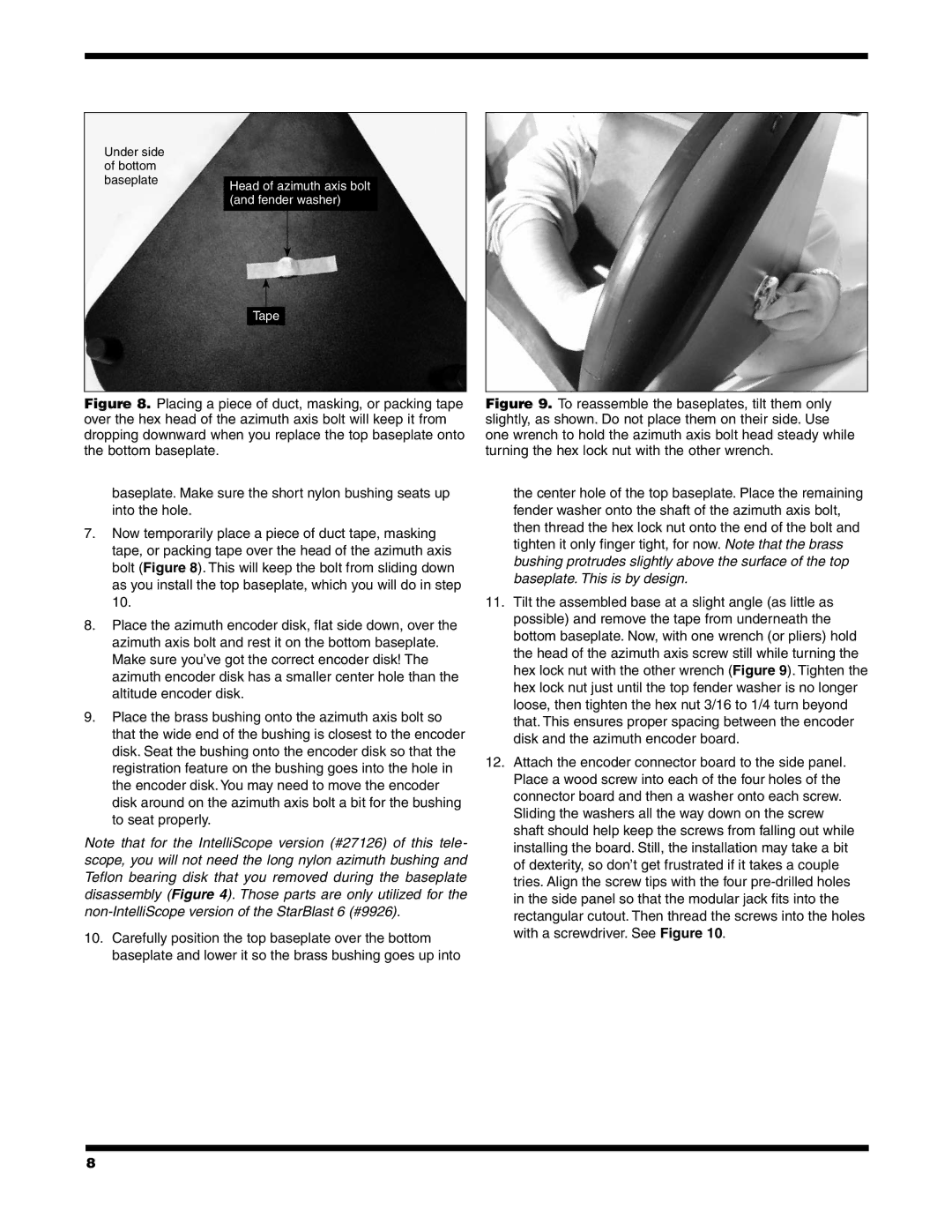6/6I specifications
The Orion 6/6I is a state-of-the-art vehicle designed to meld innovative technology with exceptional performance, catering to the needs of modern transportation. This model stands out in the competitive landscape of automotive engineering, boasting a range of features that enhance both functionality and user experience.One of the key features of the Orion 6/6I is its advanced propulsion system. It is equipped with a powerful hybrid engine that maximizes fuel efficiency while minimizing emissions. This dual-power option not only reduces the carbon footprint but also offers significant cost savings on fuel. The seamless transition between electric and conventional combustion power allows for an adaptable driving experience, making it suitable for both urban commuting and long-distance travel.
In terms of technology, the Orion 6/6I incorporates cutting-edge automation and connectivity capabilities. The vehicle is fitted with an intuitive infotainment system that integrates with smartphones, allowing drivers to access navigation, entertainment, and communication effortlessly. The touch-screen interface is designed for ease of use, ensuring that drivers can stay focused on the road while enjoying a full suite of smartphone functionality.
Safety is paramount in the design of the Orion 6/6I. It features a robust suite of driver-assistance technologies, including adaptive cruise control, lane-keeping assist, and advanced collision detection systems. These features work in conjunction to provide a safer driving experience, helping to reduce the risk of accidents and enhancing overall peace of mind.
Furthermore, the Orion 6/6I is built with high-quality materials and finishes, providing comfort and style. The spacious interior is designed with ergonomic seating and customizable climate control options, making every journey enjoyable. Ample storage solutions and innovative design elements contribute to a functional yet sophisticated atmosphere.
In terms of characteristics, the Orion 6/6I is constructed with a lightweight yet durable body, enhancing agility and performance. The vehicle’s aerodynamics have been meticulously designed to improve fuel efficiency and stability at high speeds.
All these features combine to make the Orion 6/6I a versatile choice for those seeking a reliable and modern vehicle that meets the demands of today’s eco-conscious and technology-driven society. Whether commuting to work or embarking on a weekend adventure, the Orion 6/6I promises to deliver an exceptional driving experience.

